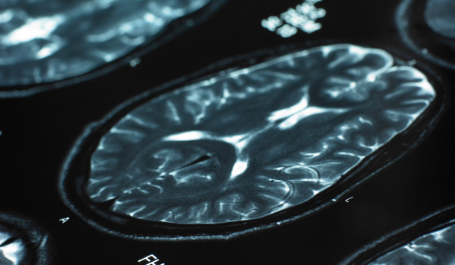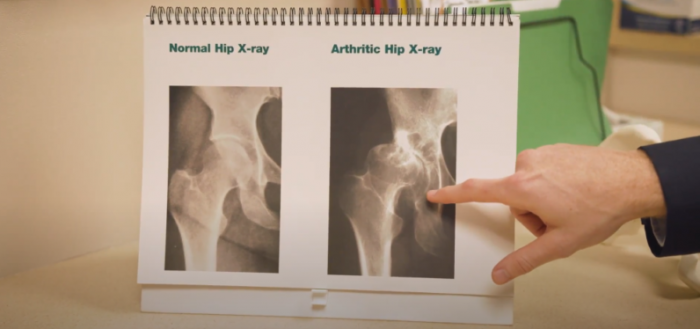
A concussion is a blow to the head or sudden acceleration or deceleration of the brain within the skull. This movement results in a disruption of brain nerve function. A concussion isn’t always something that is seen on a CAT scan, but can definitely be accompanied by a change in the ability to think clearly. Oftentimes, a person with a concussion will describe themselves as feeling dazed or confused. A concussion is a serious condition that requires specialized medical expertise.
SYMPTOMS OF A CONCUSSION
Those who are wondering if they have a concussion should pay attention to the following symptoms:
- A loss of consciousness: If consciousness has been lost, even if only for a brief moment, medical care should be sought after for evaluation.
- The majority of concussions do not involve a loss of consciousness. Concussions are most often associated with a period of altered consciousness; the individual may appear to be confused, “out of it,” unable to answer simple questions, or unable to remember the incident.
- Moving clumsily
- Speaking slowly or other behavior changes
- Headache
- Nausea
- Sensitivity to light or noise
- Dizziness
- Confusion
- Changes in attention, concentration, and/or memory
IF ANY OF THE FOLLOWING SYMPTOMS ARE PRESENT, GO TO THE EMERGENCY ROOM OR CALL 911:
- Lost consciousness
- Convulsions or seizures (arms and legs jerk uncontrollably)
- Severe confusion; cannot recognize familiar people or places
- Repeated vomiting
- One pupil larger than the other
- Drowsiness or inability to wake up
- Slurred speech, weakness, numbness, or decreased coordination
RISK FACTORS
Older adults on blood thinners who fall and have a blow to the head should seek medical attention right away. This is to make sure that they don’t have any bleeding in the brain.
EVALUATION FOR CONCUSSIONS
The most important step in treating a concussion is being evaluated by a medical professional who can give advice and help monitor your symptoms. A provider may help mitigate some of your concussion symptoms and help navigate you back to doing everyday activities. Do not try to judge the seriousness of your head injury yourself – seek medical attention from a health care professional experienced in concussion management as soon as you can. Make an appointment with your primary care provider or visit NOWcare for same-day appointments. Be sure to keep a close eye on the individual for the first 24-48 hours and watch for any changes.
If your concussion diagnosis is confirmed, the first step is to make sure your healthcare provider is experienced in concussion management. They will be able to monitor your symptoms closely and create a specialized and personalized recovery plan. Your medical provider will evaluate things like your cognitive function, balance, vision, and neck pain/injuries. They will also assess any potential need for referrals for speech therapy, physical therapy, or neuropsychology. Make sure you feel confident in your recovery plan and don’t be afraid to ask questions.
Being evaluated after a concussion will help put your mind to rest and put you on the best path to managing your symptoms, seeking out appropriate providers, and recovering fully.
If you or your child are diagnosed with a concussion, here is what you can expect from your recovery.
CONCUSSION RECOVERY
Most people diagnosed with a concussion will feel better within a few weeks, but for some, symptoms can last months or longer. It is important to remember that every brain is different and to stick to your personal recovery plan to allow your brain to heal quickly and fully. How quickly your symptoms improve depends on many factors, including the severity of your injury, history of previous concussions or brain injuries, and how well you take care of yourself after your injury.
Rest and patience are some of the most important steps in recovering from a concussion. You will need to take it easy the first few days after your injury while you are experiencing symptoms to allow your brain time to heal. Get plenty of sleep at night, and try to rest during the day as well. Avoid computers, television, and video games for the first few days of your recovery.
As your symptoms reduce, and in consultation with your medical provider, you will slowly and gradually return to your regular daily activities such as work or school. Only light activity should be introduced until your symptoms are mild and nearly gone. If your symptoms return or worsen, this is a sign you are pushing yourself too hard and you need to take more time to rest and recover.
When you are no longer experiencing symptoms and your medical provider has given their approval, you can return to all of your normal activities, being sure to avoid activities that may lead to another concussion. You are considered to be recovered from your concussion when you are able to perform all of your regular activities without experiencing any irregular symptoms.
PREVENTING FUTURE CONCUSSIONS
Receiving a second concussion before your brain has fully healed is extremely dangerous, so it is important to avoid doing anything that could cause another bump, blow, or jolt to the head while you are healing. After you have recovered, you should try to protect yourself from suffering another concussion in the future. Repeated concussions can cause long-term problems and damage.
Here are a few ways to help prevent future brain injuries:
- Always wear a seatbelt when you drive or ride in a motor vehicle.
- Use approved and properly fitted safety equipment for your sport of choice.
- Make sure your helmet fits properly and is worn consistently for all sports.
- Always use age-appropriate car seats.
- Make sure living areas are safe to prevent falls.
For more information on concussions, visit the Concussion Center, or watch our Understanding Concussions video.





